Find out how much YOUR basement conversion will cost
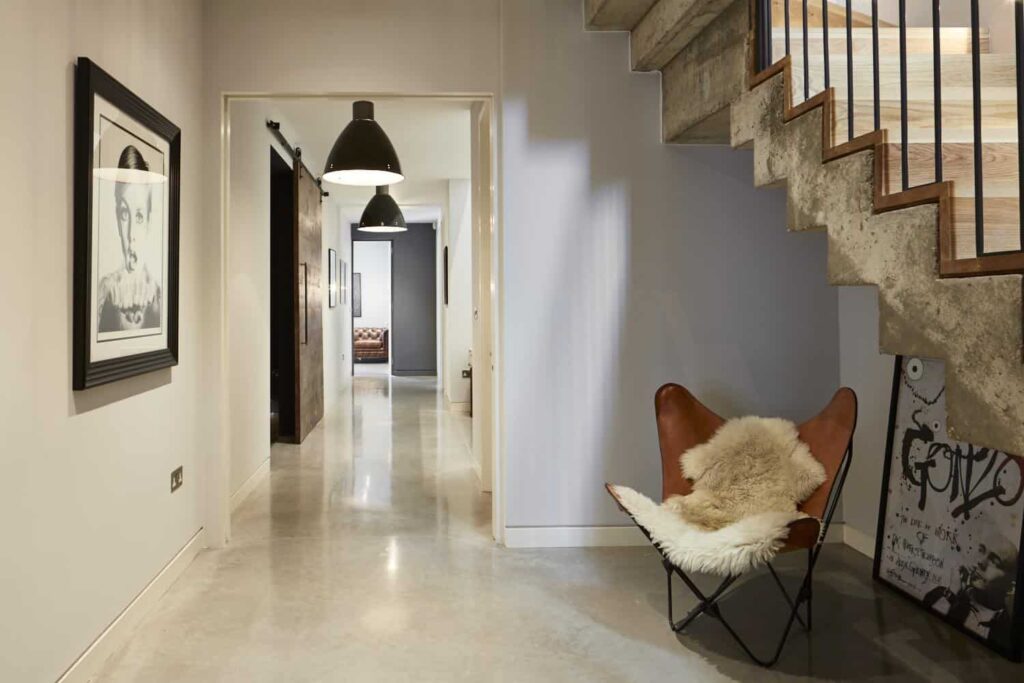
Basement conversions are a popular way of increasing space and square footage and adding value to your home, especially where building up is not an option. We have built several basements in Central London, allowing families to expand their living area, avoid being uprooted and save the prohibitive costs of moving home. In fact, the […]
Basement conversions – Find out what’s MOST important
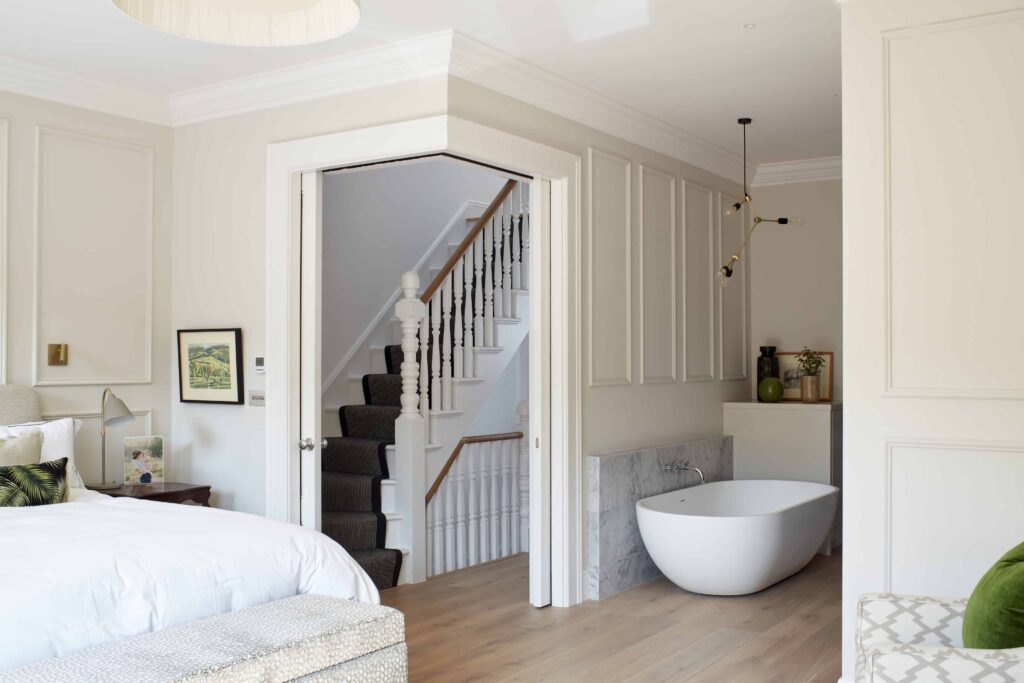
You can add valuable space to your home or property by building a basement. If you are thinking of creative ways of adding floor space in your home to incorporate perhaps a wine cellar or a home cinema or even a swimming pool, consider venturing downwards to the basement.There are several structural regulations that must […]
What you didn’t know about basement extension building regs
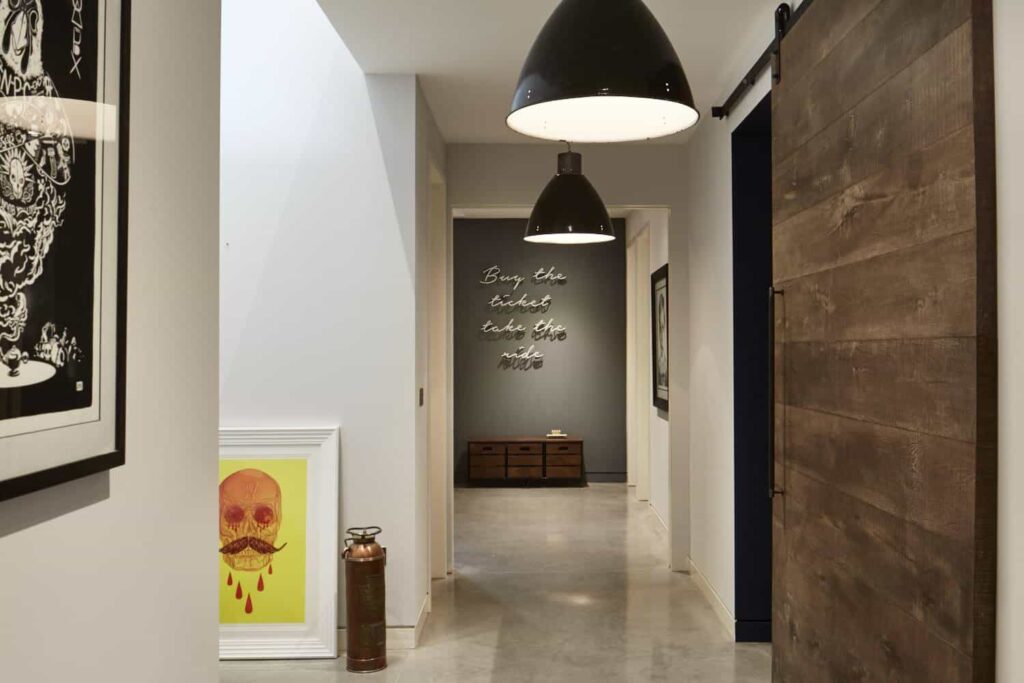
With space at a premium these days, high property prices and soaring stamp duty rates, we have seen an increase in extensions, loft conversions and basement conversions as a way to increase the living area of a home. Whilst extensions and loft conversions have been common, basement conversions in the London area are relatively new, […]
Property Renovation – Flat Roof vs Pitched Roof

If you are considering building an extension, one of the decisions you will need to make is whether to opt for a flat roof or a pitched roof. Both have their merits and will depend on several factors including your budget, the desired look of your home and the height of your extension. At SDA […]
6 ways to increase the space in your home
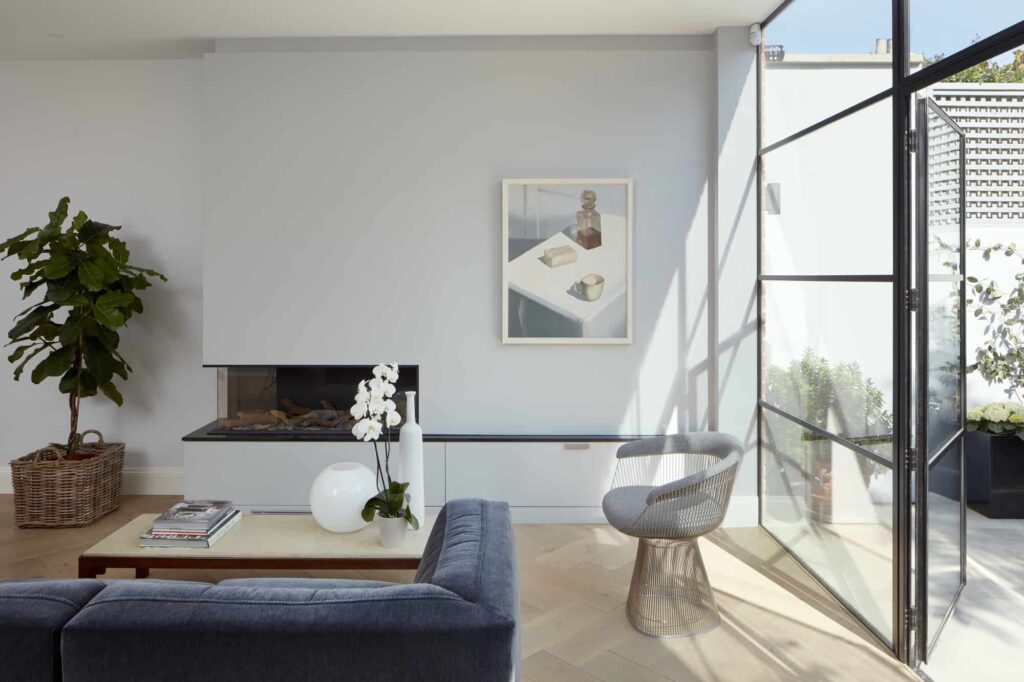
With stamp duty rates skyrocketing and adding a hefty chunk to the cost of moving, it makes sense to add square footage to your existing space, rather than incurring the pain and cost of moving home.
Ensure your property renovation is on schedule
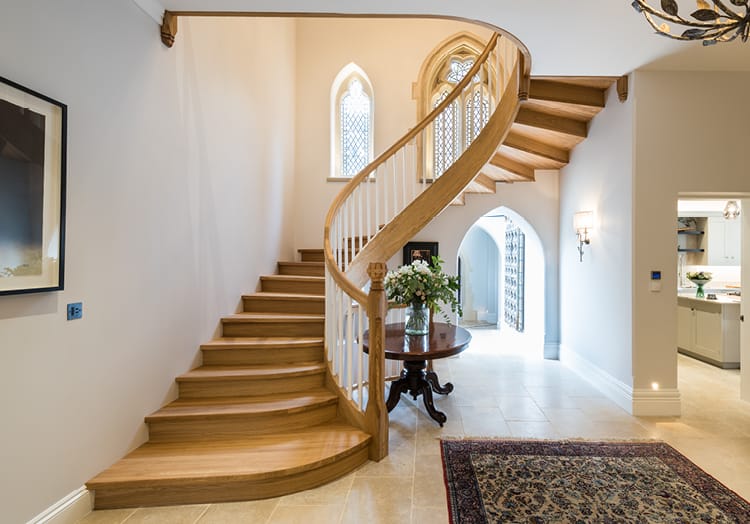
Embarking on a property renovation project, whether it’s our home or a rental property can be both an exhilarating and daunting thought. Imagining the end result of a luxury kitchen, basement or loft extension is what often drives us to take the plunge, yet, the obvious disruption to daily life, the anxiety of overrunning costs […]